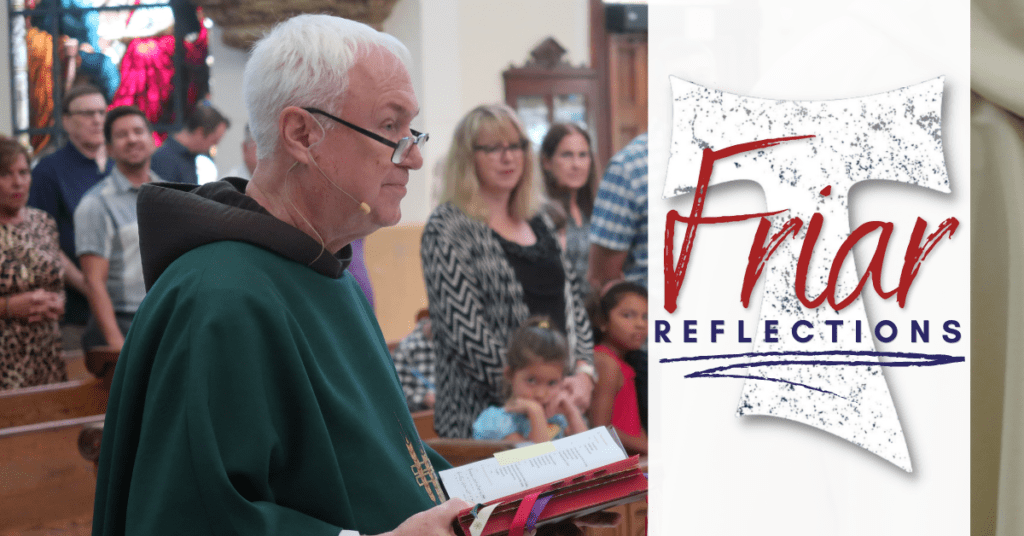
Dear Parishioners,
Saints of God, the Lord be with you!
I’ve always found the parable in today’s Gospel, according to Luke (16: 1-13), problematic to say the least. What we have here is another person, like the prodigal son in last week’s Gospel, who squandered another’s property. What is so galling is that, in the end, he seems to get away with it “and the master commended that dishonest steward for acting prudently” when the steward “doctors the books.”
It seems that the old adage “cheaters never prosper” isn’t true in this case! Yet in today’s first reading from Amos (8:4-7), the prophet warns that “the Lord will never forget” those who cheat the poor and needy. What’s going on?
Years ago, when studying theology, specifically the Hebrew prophets, I told my professor it seems as if the prophets were warning that if there was not justice in the land, there would be no true and acceptable worship. She smiled. Late in the year, I used this in a presentation and one of the women who heard me had bumper stickers made: “NO JUSTICE NO WORSHIP.” I gave them to members in the class (other religious) to do with them what they wanted. One person said that he put it on the outside of his bedroom door. The next morning, he saw that someone had torn it off. Oh well…no one likes a prophet’s message.
Perhaps the readings seem to contradict each other so that we might ask ourselves, “Whom do we serve, God or mammon?”
Mammon is not just keeping tabs on our bank accounts and investments, but includes power and privilege. Perhaps the Gospel is inviting us to take a look at who we really are (“I am not strong enough to dig and I am ashamed to beg”), not who we pretend to be. Maybe while looking at ourselves we might also discover that our actions, whether public or private, reveal something of our character. Not to mention that in the time spent reflecting on ourselves, we have less time to criticize others. Self reflection leading to self-awareness might be the path to self-conversion and a greater imitation of Christ, which is the goal of Franciscan prayer.
Cheaters might prosper in this world, but not in the next. Yet all cheaters, and all sinners, have the opportunity to change their attitudes and behaviors with the grace of God. Let us pray for the grace to be open to change more and more into the image of Christ and thus live out our baptismal identity and mission.
May the Lord give you peace,
Fr. Steve




